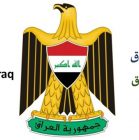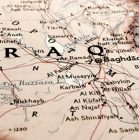
Education and Employment: Critical for Securing Peace for Gypsies in Iraq
Gypsies have been living in Iraq & KRI for centuries, adding to the country’s diversity. This report examines experiences of conflict, displacement & post-conflict priorities of Gypsies.








